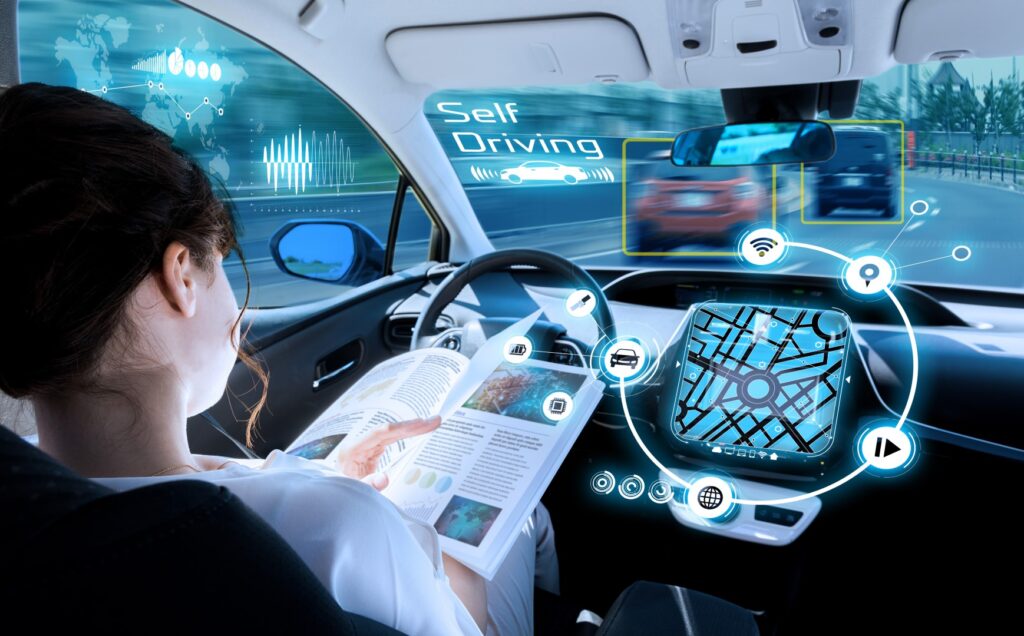Autonomous vehicles, also known as self-driving cars, are the latest technological breakthrough that has the potential to revolutionize the automotive industry. These vehicles use a combination of sensors, cameras, and advanced software to navigate roads and highways without the need for human intervention. Here’s a look at the benefits and limitations of autonomous vehicles.

Benefits of Autonomous Vehicles:
Improved Safety
One of the primary benefits of autonomous vehicles is improved safety. Self-driving cars can react much faster than humans, which can reduce the number of accidents caused by driver error. They are also less likely to get distracted, intoxicated, or tired, which are leading causes of accidents.
Increased Efficiency
Autonomous vehicles can also increase efficiency on the road. They can communicate with each other and adjust their speed and route to avoid congestion, which can reduce traffic and improve fuel efficiency. This, in turn, can save time, reduce emissions, and decrease transportation costs.
Accessibility
Self-driving cars can also provide mobility to people who are unable to drive, such as the elderly or disabled. This can increase their independence and improve their quality of life.
Limitations of Autonomous Vehicles:
Cost
Autonomous vehicles are still in the developmental stage and can be expensive to produce. This high cost can make them inaccessible to the general public, at least initially.
Legal and Regulatory Hurdles
There are also legal and regulatory hurdles that need to be addressed before autonomous vehicles can become widespread. There are currently no uniform laws regarding self-driving cars, and manufacturers may face liability issues in the event of an accident.
Dependence on Technology
Finally, self-driving cars are dependent on technology, which can be susceptible to hacking and other forms of cyberattacks. Additionally, they may not be able to operate in certain weather conditions or in areas with poor connectivity.
Conclusion:
Autonomous vehicles have the potential to revolutionize the automotive industry, but there are still significant challenges that need to be addressed before they become widespread. While self-driving cars offer several benefits, including improved safety, increased efficiency, and accessibility, there are also limitations to their use, such as high costs and legal and regulatory hurdles. As technology continues to advance, the benefits of autonomous vehicles may become more apparent, and their limitations may become less of a concern.

